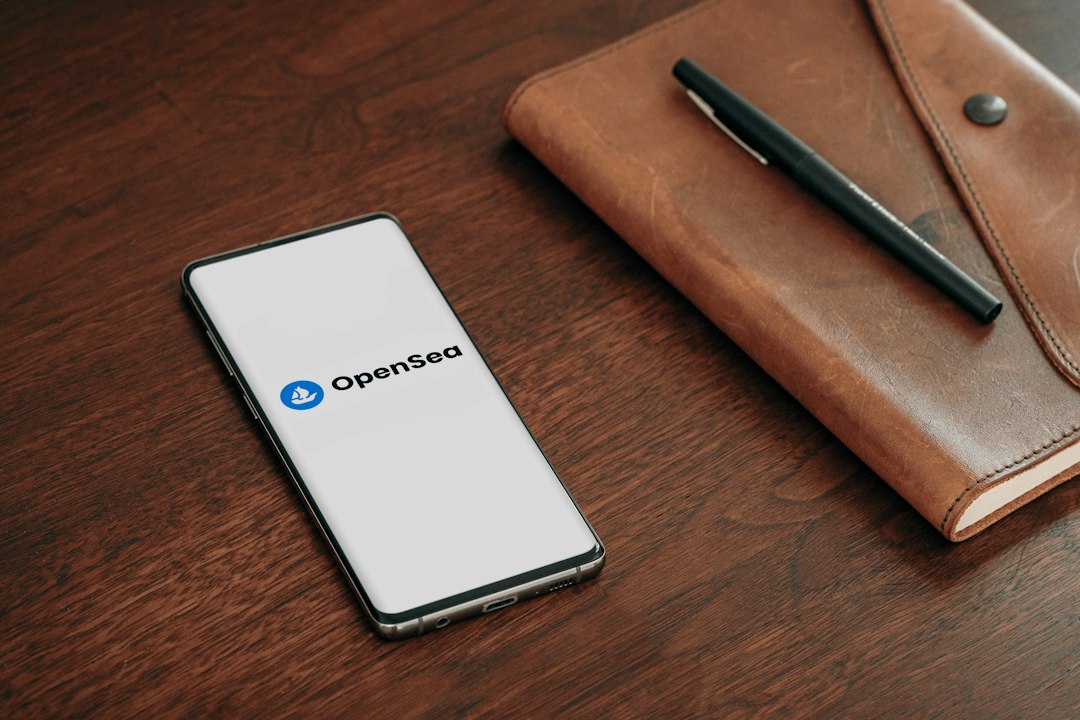Defendant’s Counsel Requests Temporary Release
The defendant’s counsel, Sam Bankman-Fried, has once again requested the US Department of Justice for the “Temporary Release” of the defendant after an initial rejection of the bail plea. This request is deemed necessary in order to prepare defense statements.
Applicable Law
The United States Attorney presented arguments opposing the request, stating that it is valid and applicable law for the “temporary release” of the defendant to prepare his statements. According to the law, a defendant who has been ordered detained pending trial may be temporarily released by a judicial officer if it is determined to be necessary for the preparation of their defense or another compelling reason.
Arguments as to Why Temporary Release Must be Denied
The U.S. Attorney argued that the defendant’s claim that he cannot participate meaningfully in his defense without being released is inadequate to prove that release is necessary. The attorney also asserts that the risk of evidence tampering outweighs the defendant’s reasons for release, considering his historical pattern of behavior. Additionally, it is argued that the defendant had extensive access to electronic means during his previous release.
Lacuna of the Renewed Motion
The renewed motion for temporary release contains the same grounds as the previous motion, which was rejected by the court. The defendant has failed to specify the specific materials he requires for preparing his defense. Furthermore, the proposed release plan violates legal requirements and fails to address safety concerns.
Decision
Judge Kaplan has rejected the defendant’s renewed motion for temporary release.
Hot Take: Judge Denies Defendant’s Request for Temporary Release
In a blow to the defendant’s counsel, Judge Kaplan has denied their request for temporary release. The United States Attorney presented strong arguments opposing the release, citing the defendant’s inadequate reasons and the risk of evidence tampering. The defendant’s failure to specify necessary materials for their defense also worked against them. It is clear that the court prioritized safety concerns and legal requirements in making this decision. The defendant will remain in custody pending trial.





 By
By

 By
By
 By
By
 By
By
 By
By